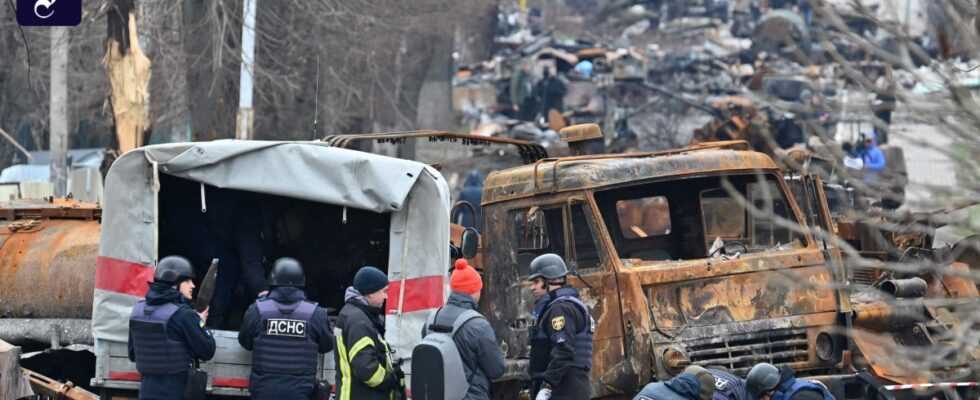In the long history of international criminal law, the name of the small Ukrainian town of Bucha already represents a turning point. Never before has the world public been so directly and relentlessly confronted with images of the victims of a massacre committed just a few days ago by occupying forces. In Bucha, as in many other places in Ukraine, investigations and documentation are now being carried out by volunteers and authorities, public prosecutors and journalists, forensic scientists and pathologists, international criminal law experts and human rights experts. Here, however, it is also decided whether the interaction of a large number of very differently motivated (and qualified) actors can secure evidence that meets the strict requirements of international criminal law proceedings. Media expert Justin Hendrix recently named the key challenges on the security blog Just Security: the sometimes dubious reliability of information that comes from volunteers in a conflict zone; Security issues and coordination difficulties with a profusion of research and documentation material collected; the centrality of social media platforms that were not designed to document serious crimes.
In his video-recorded speech to the United Nations Security Council on Tuesday, Ukrainian President Volodymyr Zelenskyy countered the absurd Russian allegations of forgery with a reference to the possibilities of today’s forensics, which his government and its supporters are currently pushing with great vigour: “Now we have it Year 2022. There is conclusive evidence. There are satellite images. It is possible to conduct a full, transparent investigation. That’s what we’re interested in. Maximum access for journalists. Maximum cooperation with international institutions. Involvement of the International Criminal Court. Full truth, full responsibility.” The full truth – many people want that.
The Attorney General prepares an analysis
Chancellor Olaf Scholz called for “relentless clarification” on Sunday, and Foreign Minister Annalena Baerbock on Monday “the whole truth”. The chief prosecutor of the International Criminal Court has launched an investigation, and Ukrainian authorities are investigating on the spot. The Office of the Prosecutor General of Ukraine, together with national and international partner organizations, has set up an online portal for the documentation of Russian war crimes in Ukraine, through which victims and witnesses can report crimes and submit evidence. In late March, Ukraine, Lithuania and Poland set up a joint investigative team to investigate Russian war crimes in Ukraine. The European Union also wants to send investigative teams to Ukraine and has pledged the support of Eurojust, its agency for judicial cooperation in criminal matters, and Europol. The Federal Public Prosecutor has initiated a structural investigation, which will initially deal with a detailed analysis of the conflict.
